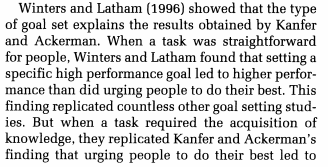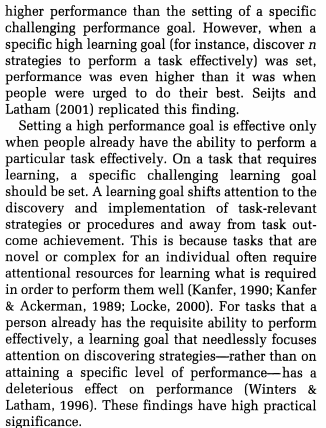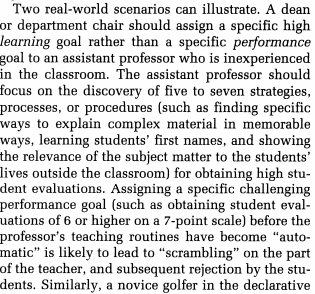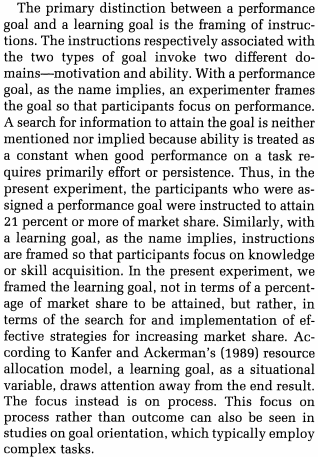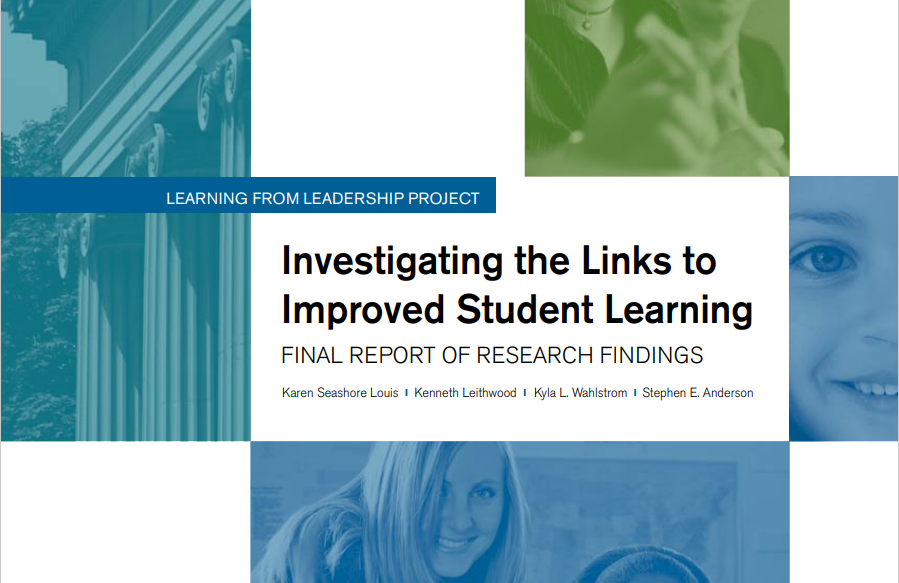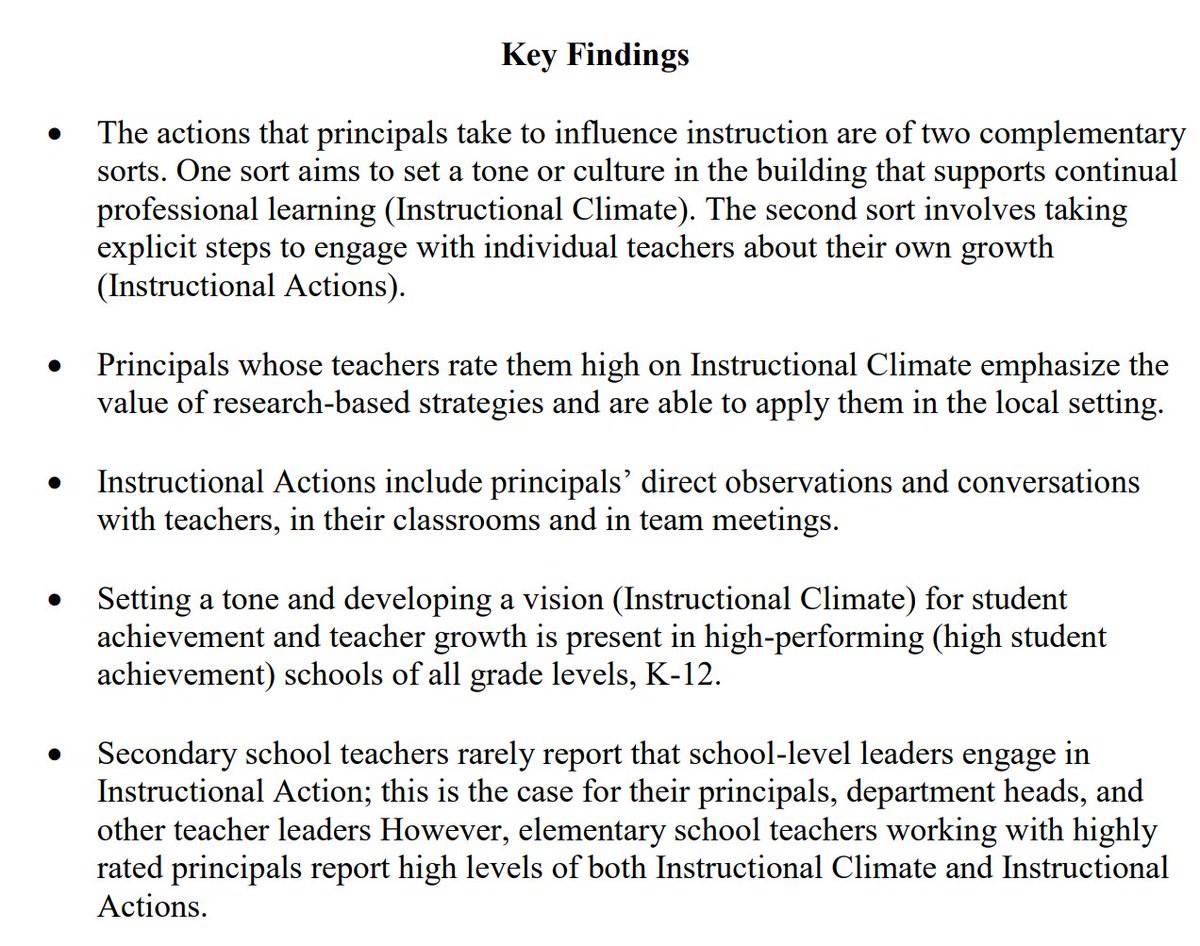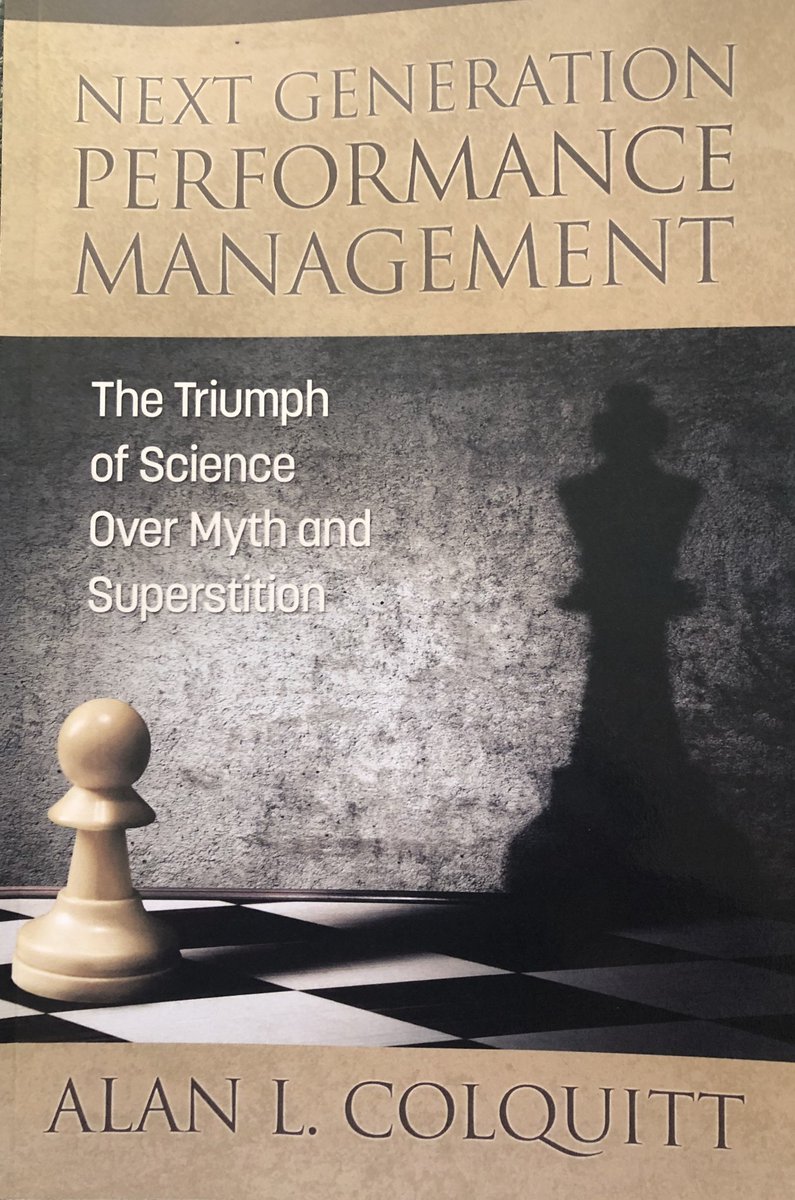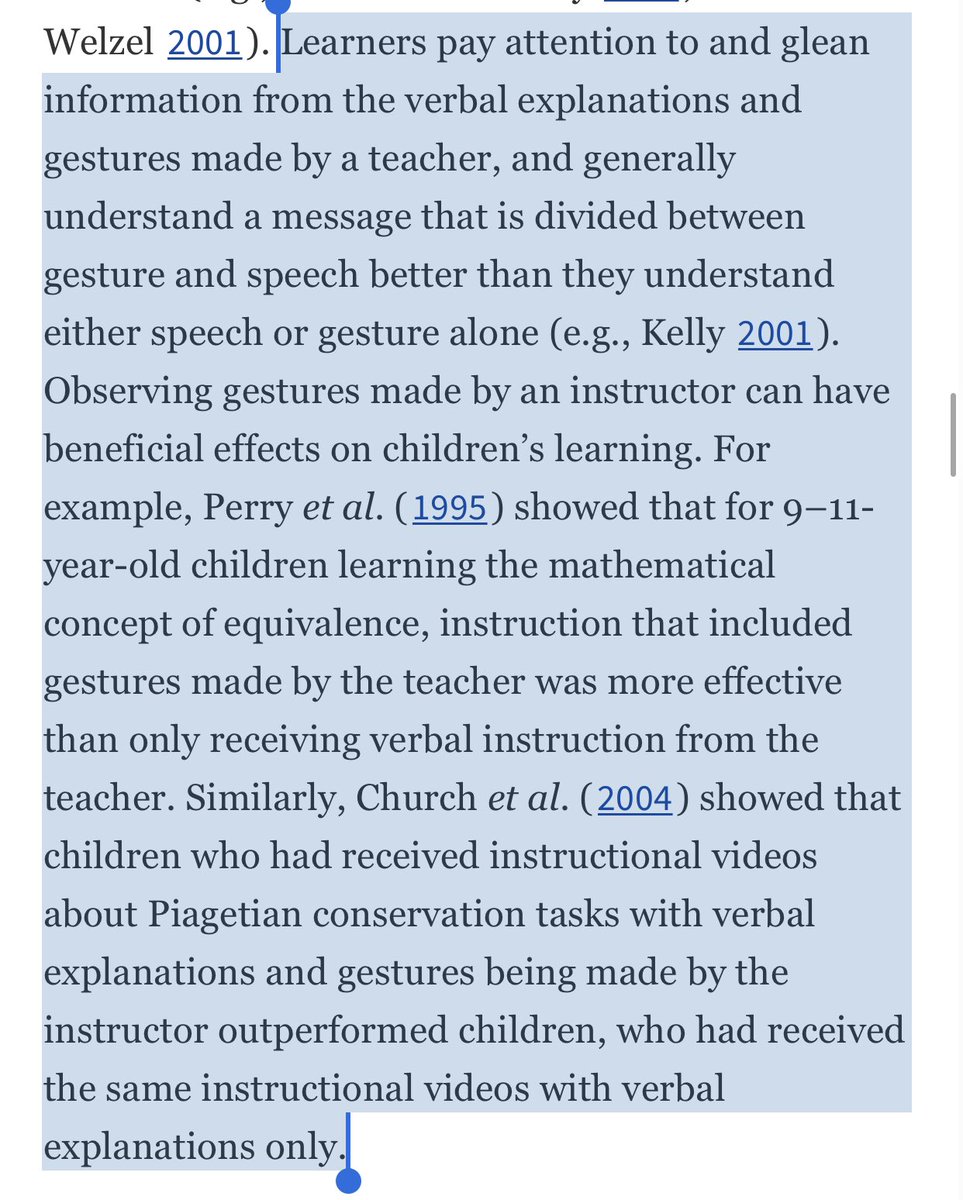
This is a great paper by Joseph E. Mroz and colleagues on the science of workplace meetings. (short thread 🧵) - this area is absolutely core to @TeacherDevTrust's view on effective school leadership. 

They note that a good meeting can helpfully include a discussion of difficult areas but complaints that signal that problems are fixed/unmalleable begin 'complaining cycles' that are highly problematic. 

They point out the multiple roles and responsibilities of the meeting Chair - a highly skilled role. 

You really can't underestimate the importance of this. Meeting quality is directly associated with morale and job satisfaction - good meetings have positive effects and bad ones have negative effects. 

The paper appears to be freely available here: core.ac.uk/download/pdf/2…
• • •
Missing some Tweet in this thread? You can try to
force a refresh



